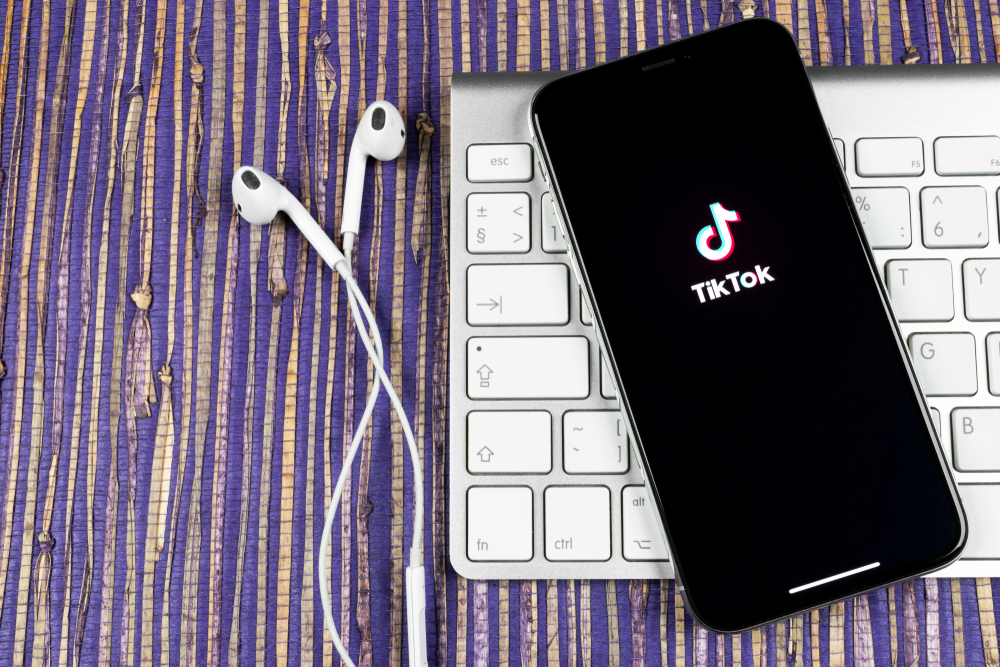Chinese internet company ByteDance, owner of popular short video platform TikTok, is set to take on the likes of Spotify and Apple Music with a new music streaming service as soon as next month, according to a report by the Financial Times on Monday.
The Beijing-based start-up is looking to launch the yet unnamed music app initially in emerging markets, including India, Indonesia, and Brazil, the FT reported, adding that the company is expected to price the subscription service lower than the USD 10 a month its rivals in the US are charging.
ByteDance is in talks with music labels such as Universal Music, Sony Music and Warner Music to secure global licensing deals, according to the Times.
Aside from on-demand music, the company also reportedly aims to encourage sharing and virality on the app: listeners will be able to search through a library of short vertical video clips, designed for mobile phones, and sync these to songs as they listen, FT reported.
A ByteDance spokesperson declined to comment on the new service.
The Post reported in April that ByteDance was working on a Spotify-like music streaming app for overseas markets. The start-up planned to launch the music app “soon” and there were more than 100 people working on it, a source told the Post.
ByteDance, valued at USD 78 billion late last year, has said it had 1 billion monthly active users using its apps as of January. It has been rapidly expanding into new businesses, ramping up recruitment for video game-related positions and unveiling its first smartphone this month. Earlier this year, it also announced that it was building a general search engine and a new video-based social messaging service.
The seven-year-old start-up’s best-known app, TikTok, surpassed 1.5 billion downloads on the App Store and Google Play last week, according to data provider Sensor Tower.
TikTok attracted negative attention in Washington recently over concerns about the company’s collection of user data and whether China censors content seen by US users on the app, amid an intensifying tech and trade war between the world’s two largest economies.
